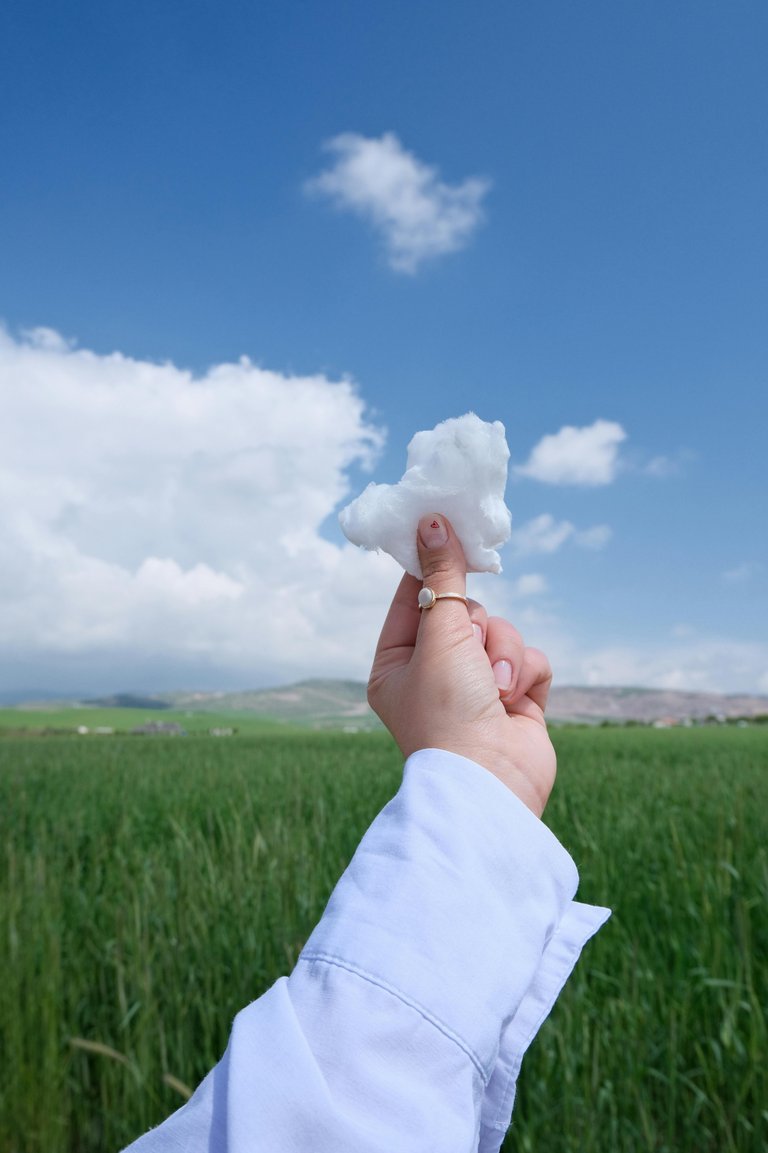Pain vs. Suffering: Decoding the Modern Disconnect
An interesting difference between pain and suffering is the latter is avoidable while the former is usually not. Pain can be viewed as an invitation to suffering. But suffering itself can happen without any tangible pain attached to it.
For example, I can suffer from a sleepless night not because my body aches but because my mind is restless.
In a way, suffering is felt more from our mental-emotional self and pain from our physical self.
Our Modern Aversion To Pain And The Glorification Of Suffering
Our modern world has gradually cultivated a strong aversion to pain. We see this reflected in our cultural tendency to seek instant gratification and minimize discomfort as much as possible.
The overuse of pain medication is a prime example. Painkillers are readily available and often the first line of defense against any ache or throb.
True, they have their place, but over reliance on medication to erase all discomfort prevents us from developing natural coping mechanisms and addressing the root cause of the pain.
Experience has taught me that over time these pain killers become less effective, they just make one numb, disconnected from one's mental-emotional self.
Social media also amplifies this aversion to pain. I mean, the pressure to portray a perfect, pain-free online persona can be immense, since we've come to somehow believe it as something "normal".
I'm both fascinated and bewildered by people who meticulously curate their feeds, showcasing only the highlight reels of their lives.
Even though many of us have come to understand that such is a fabricated reality, we still view this unrealistic portrayal of existence, where pain and struggles are nonexistent as a comparison with our own lives, which further intensifies our desire to avoid pain at all costs.
On the other hand, there's also this interesting glorification of suffering in certain narratives.
Although it has died down quite a bit, the "hustle culture" narrative glamorizes working long hours and pushing ourselves beyond limits, blurring the lines between healthy dedication and self-punishment all for the sake of getting that bag.
Similarly, some romantic relationships are portrayed as inherently dramatic by the media, with couples facing constant obstacles and emotional turmoil.
Subconsciously, this romanticization of struggle leads people into believing that suffering is an inevitable part of life, or even a sign of their deep commitment, causing them to dwell on their pain rather than seeking solutions or healthier ways of coping.
Mind Over Matter?
When I first heard about pain tolerance, I thought it was the stoic way of becoming indifferent to pain.
Over time, it changed to seeing pain tolerance as developing the ability to manage and endure pain effectively.
For instance, through acknowledging our pain and observing it non-judgmentally, we are able to separate the physical sensation from the emotional reaction.
Mindfulness practices such as meditation can help us detach from the narrative of suffering that often spirals around pain.
By extension, we're also able to reframe our perspective on pain, which greatly reduces the emotional toll that comes from suffering.
A favourite example is going from viewing a throbbing headache as a sign of weakness or a harbinger of a terrible day, to viewing the same headache as a temporary inconvenience, perhaps caused by dehydration or lack of sleep.
This shift in perspective is empowering in the sense that it makes addressing the pain at the moment more simple and less dramatic, like grabbing a glass of water or taking a short break. Without having to dwell on the discomfort and resign oneself to a terrible day.
In Closing
I think what's sort of twisted about pain and suffering in our modern world is we simply run away from pain and embrace suffering.
And the main issue with that is we miss out on valuable growth opportunities and a deeper understanding of ourselves.
Suffering to a large degree is optional, meaning it's a choice to partake in it or not. But this ability of choice falls into the background when there's little to no self-awareness of the pain itself, be it real or imagined.
Pain tolerance is a process of stepping back from the stories we create around pain and closer to a place of acceptance, acknowledging our pain without judgment, and developing the tools to manage it effectively.
Thanks for reading!! Share your thoughts below on the comments.
Posted Using InLeo Alpha


Congratulations @takhar! You have completed the following achievement on the Hive blockchain And have been rewarded with New badge(s)
You can view your badges on your board and compare yourself to others in the Ranking
If you no longer want to receive notifications, reply to this comment with the word
STOPCheck out our last posts:
This is thought provoking!. The use of social media these days is causing more pressure. People show off only their pain-free life online. For most of them it's all the desire to avoid pain but only end up embracing suffering. Lots of people just can't be real these days, which is why they miss growth as a result of hiding the real. Thanks for sharing :)
Yes, it's kind of sad that suffering has become a means to avoid pain, as if pain is something that we can eliminate or get rid of. Avoiding pain is simply avoiding the opportunity for growth and without that we lose a much of the essence of what it means to be real.
You're welcome! And thank you too for stopping by :)